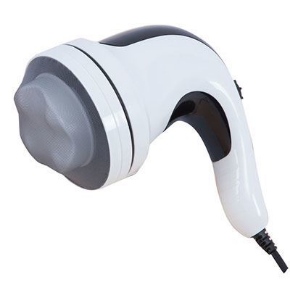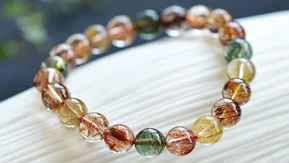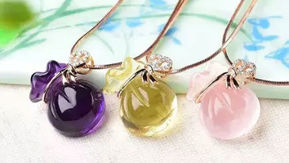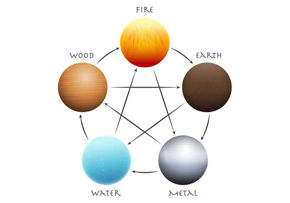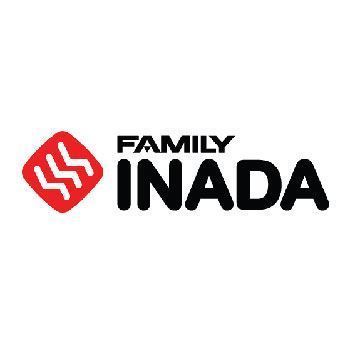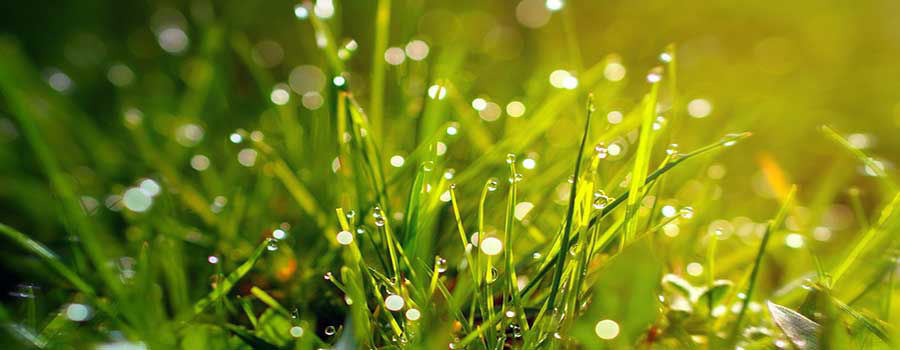
As a gardener you should familiarize yourself with the kinds of plants and the amounts of fertilizer they require. Root plants for example, do need too much fertilizer while vine plants do not need large amounts of fertilizer. Using lawn fertilizer helps to improve the quality of the soil and release nutrients and other minerals from the soil for the plants.
The lawn fertilizer is intended to supplement the nutrients which the lawn plants will get naturally from the soil. Only a few places in the world can be said to have adequate levels of all nutrients in the soil, hence the need for supplementation through fertilizers.
Green manuring involves growing a crop that can be later ploughed back into the soil. The beauty of this is that you could grow crops like clover which can enrich the soil by capturing nitrogen from the air. This encourages one of nature’s ecological services. And, adding organic matter to the soil is the way out.
Standard lawn fertilizers contain nitrogen, potash, and phosphate. Fertilizing involve the administration of all these nutrients but in different amounts. Most lawns would require nitrogen in the maximum amount as it helps to give the grasses darker color, thickens the grasses, and also increase its growth. More importantly, don’t neglect the administration of potash and phosphate.
Is lawn fertilizer really good for vegetables?
Synthetic fertilizer is manufactured in a chemical process while organic fertilizers have natural ingredients that provide minerals and nutrients. Unlike chemical fertilizers, natural lawn fertilizers depend on decomposition of organic matter; hence, they release their nutrient gradually into the soil.
This slow process helps prevent nutrient run-off. As the organic fertilizer decomposes, it supplies nutrients to the grass roots and help improve the quality of the grass and the soil since micro-organisms thrive better in a naturally fertilized soil.
A lawn fertilizer will help restore the carbon-nitrogen balance in the soil, preventing the mushrooms from finding excess food. Since they release nutrients more slowly, they need to be applied at a slower rate than the synthetic fertilizers. It is recommended that for every 1,000 square feet of yard, 20 lbs. should be applied twice a year in the fall and spring.
Considering a natural organic lawn fertilizer is a good choice. More so, compost products, shells of crab, seaweeds, manure, and extract of fish can also be used as natural fertilizers. Fish emulsion is one of the best natural fertilizers in the world and is also a healthy soil enhancer. Plants perform better when grown with extract of sea weed which is rich in amino acids and other nutrients. Natural fertilizers are available in market today.
Lawn fertilizers have other benefits too. As your lawn becomes healthier, it requires less watering and lawn moss tends to reduce as well. Preventing moss can also be achieved when your lawn is kept between 2 and 3 inches and the branches cut back. Lawn mushrooms can be a major issue where there is too much decaying of carbon matter in the soil. In a nutshell, the organic lawn fertilizer is better for you, the vegetables, the environment, and even the lawn. There's absolutely no reason not to use it for vegetables.
NUTRIENTS THAT MAKE LAWN FERTILIZERS GOOD FOR VEGETABLES
Most lawn fertilizers in the market are chemically designed to provide three essential nutrients; mostly the nutrients required by plants, vegetables, and grasses in most quantities.
Let us talk about the essential nutrients that a typical lawn needs. All fertilizers are listed by an N-P-K ratio indicating the relative quantities of Nitrogen-Phosphorous-Potassium for example, 3-1-7.
These nutrients and fertilizers should be moderate in content, having neutral pH and must be insoluble in water. Expert recommends that you testing your lawn for pH and nutrients will give you an insight of what fertilizing technique to set up.
ðNitrogen (N)
Nitrogen is probably the most important element your lawn needs. It helps the vegetables grow and get green. Too much application can make the veggies grow too fast, making their root systems tender and also vulnerable to diseases. It will also allow for sturdy growth, more density, and thick shoots, thus creating an environment that will naturally ward off bugs and pests. Organic fertilizers will green-up your vegetables without excessive growth, which also means less need for watering. Growing alfalfa or crimson clover in your garden are good sources of nitrogen. They enhance soil fertility greatly and they need to be chopped up before the blooms appear and work the plants into the soil. They are natural alternatives to providing nitrogen that the plants need for healthy growth and produce.
ðPotassium (K)
Potassium helps protect the vegetable, making it more resistant to cold, drought, wear, disease, and heat.
ðPhosphorous (P)
Phosphorous helps seed to sprout and to establish the small vegetables quickly and strongly. Phosphorus also helps in growing strong roots for established veggies.
ðCalcium (Ca), Magnesium (Mg), and Sulfur (S)
Calcium helps the growth of root hairs and also increases the uptake of nitrogen. Magnesium helps the uptake of phosphorus and also enhances the photosynthetic process. Magnesium and Calcium can be supplied to the lawn by ground limestone powers. Sulfur improves the color, protein synthesis, cold tolerance, and growth of the vegetable. Sulfur addition is almost not important, unless there is an overabundance of Nitrogen.
Today’s technology has progressed tremendously but synthetics to cater for the open space around the home are no more. The natural lawn fertilizers are more effective, easy to apply, and relatively cheap. The traditional method of applying fertilizers to the soil was much the same as sowing of seeds, however, these days, fertilizers are sprayed with the aid of spray canisters. During the summer time, nutrients are broken down by microbes faster making it the best time for spraying lawn fertilizer on vegetables.







